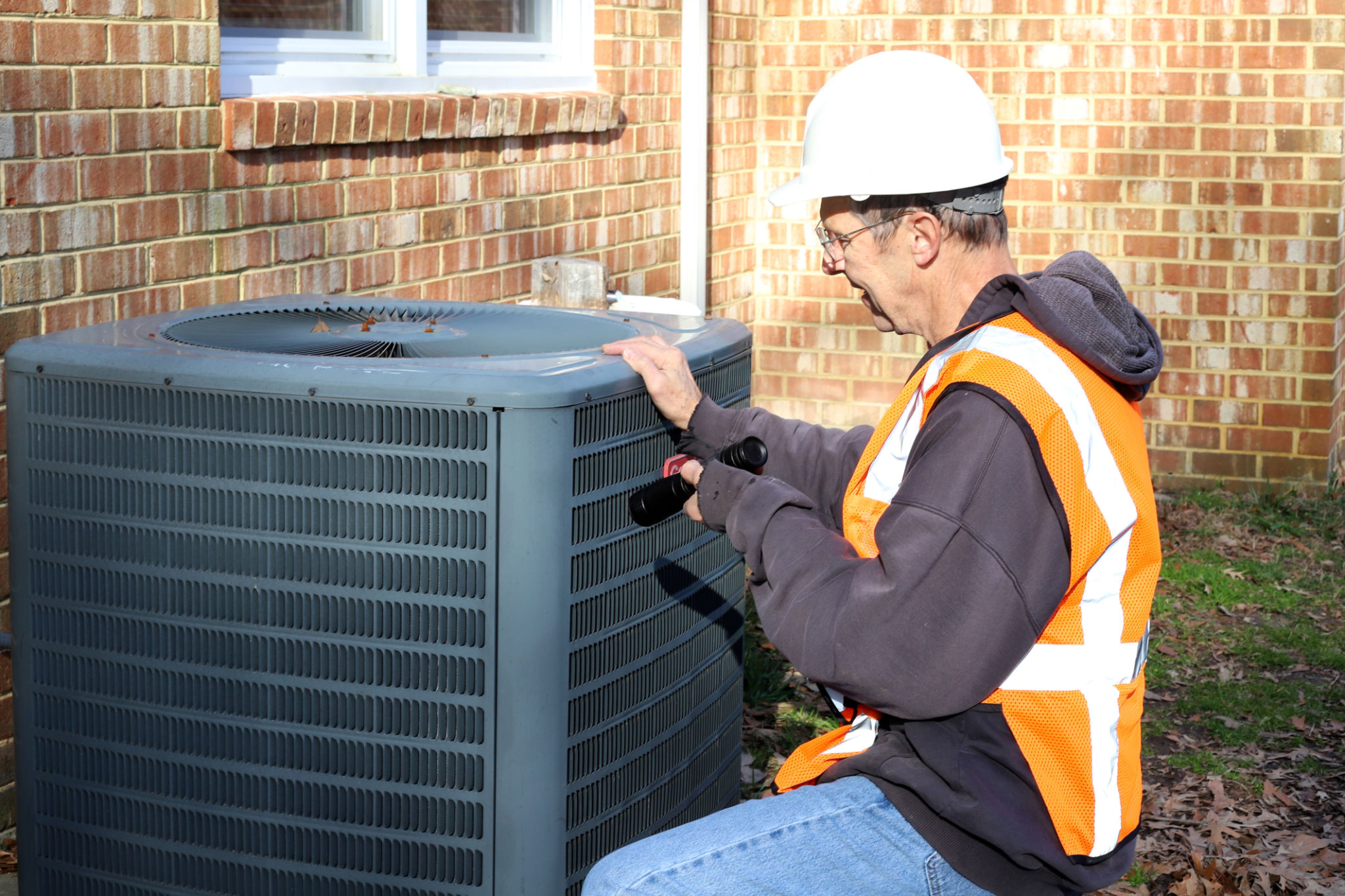How to Prepare Your Melbourne Property for an Energy Assessment
Understanding the Importance of an Energy Assessment
Energy assessments are crucial for identifying where your property can improve energy efficiency, ultimately saving you money and reducing your environmental footprint. In Melbourne, energy assessments can also help ensure compliance with local regulations and enhance the overall marketability of your property. Preparing adequately for an energy assessment can lead to more accurate results and actionable recommendations.

Conduct a Preliminary Self-Audit
Before the formal assessment, conduct a self-audit of your property's energy usage. Start by examining your recent energy bills to understand current consumption patterns. Identify high-usage areas, which might include heating and cooling systems, lighting, and appliances. Taking note of these can prepare you for discussions with the assessor and give you a head start on improvements.
Ensure Accessibility
For an efficient assessment, ensure that all areas of your property are accessible to the assessor. This includes attics, basements, and utility rooms where heating or cooling systems are located. Accessibility allows the assessor to thoroughly inspect insulation, ductwork, and other critical components of your home’s energy infrastructure.

Check Windows and Doors
Windows and doors are common areas where energy loss occurs. Inspect these for any gaps or drafts and consider sealing or weatherstripping them before the assessment. This simple measure can significantly impact the overall energy efficiency of your property and may be highlighted during the assessment as an area requiring improvement.
Review Your Heating and Cooling Systems
Your heating, ventilation, and air conditioning (HVAC) systems play a significant role in energy consumption. Ensure that these systems are well-maintained and serviced regularly. Change air filters if necessary and check for any unusual noises or leaks that could indicate inefficiency. A well-functioning HVAC system is often a major focus during an energy assessment.

Evaluate Lighting Efficiency
Lighting is another key area to consider. Replace traditional incandescent bulbs with energy-efficient LED alternatives where possible. Not only do LEDs consume less power, but they also last longer, reducing the need for frequent replacements. Proper lighting can have a substantial effect on your property's energy profile.
Document Recent Upgrades
If you’ve recently made improvements to your property, such as installing solar panels or upgrading insulation, make sure to document these changes. Providing this information to the assessor can help them understand your property's current energy performance more accurately and tailor their recommendations accordingly.
Prepare Your Questions
Finally, prepare a list of questions or concerns you may have about your property's energy use. This can include inquiries about renewable energy options, potential rebates, or specific areas where you suspect inefficiencies. Engaging actively with your assessor can provide valuable insights into making informed decisions about future upgrades.
By following these steps, you’ll be well-prepared for an energy assessment, ensuring you receive comprehensive feedback on how to enhance your Melbourne property's energy efficiency.